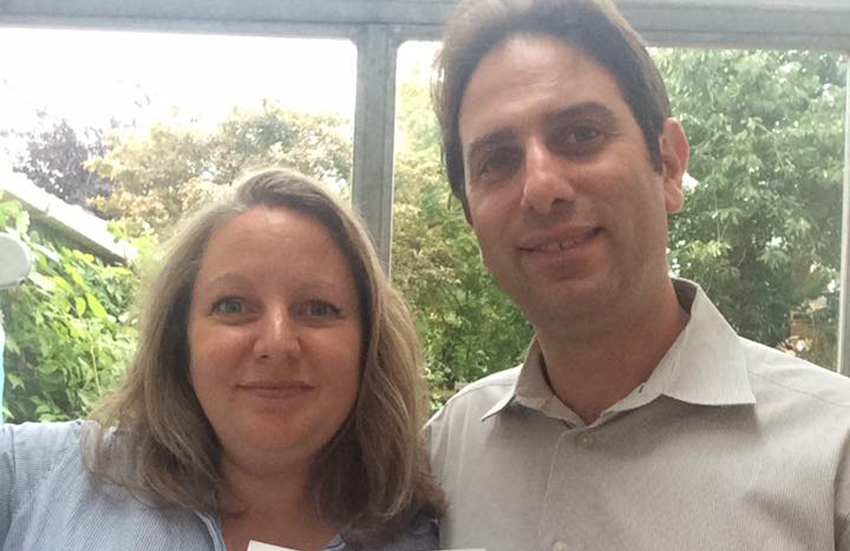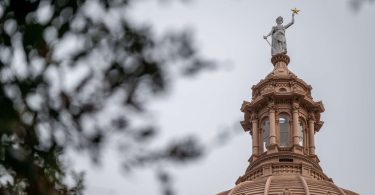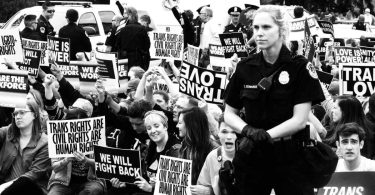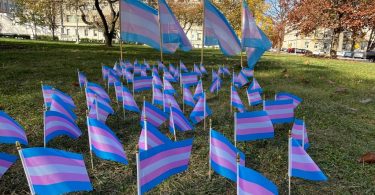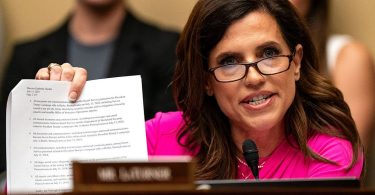Charles Keidan and Rebecca Steinfeld want a civil partnership.
The Supreme Court in the UK has ruled that restricting civil partnerships to gay couples is wrong.
A straight couple filed suit to claim they had suffered discrimination.
Rebecca Steinfeld and Charles Keidan, from west London, had claimed they did not wish to be married as they viewed it as ‘patriarchal’ and ‘sexist’.
The couple had previously lost earlier legal challenges at both the High Court and Court of Appeal.
Steinfeld said: ‘Personally, we wish to form a civil partnership because that captures the essence of our relationship and values. Civil partnerships are a modern social institution conferring almost identical legal rights and responsibilities as marriage, but without its history and social expectations.
‘We don’t think there is sufficient justification for stopping us or other opposite-sex couples from forming civil partnerships.’
Peter Tatchell, veteran human rights campaigner, said: ‘The ban on opposite-sex civil partnerships was discrimination and a violation of human rights.
‘It is outrageous that the government was unwilling to legislate equality and that this couple were forced to go to court to get a basic human right – the right to be treated equally in law.
‘It was never fair that same-sex couples had two options, civil partnerships and civil marriages, whereas opposite-sex partners had only one option, marriage.’
Supreme Court rules in favor of straight couples who want civil partnerships
The five Supreme Court justices formally declared the ban preventing opposite-sex couples from obtaining a civil partnership was ‘incompatible with their human rights’ and ‘amounted to discrimination’.
‘The interests of the community in denying those different-sex couples who have a genuine objection to being married, the opportunity to enter into a civil partnership are unspecified and not easy to envisage,’ their ruling said.
‘In contrast, the denial of those rights for an indefinite period may have far-reaching consequences for those who wish to avail themselves – and who are entitled to assert them – now.’

